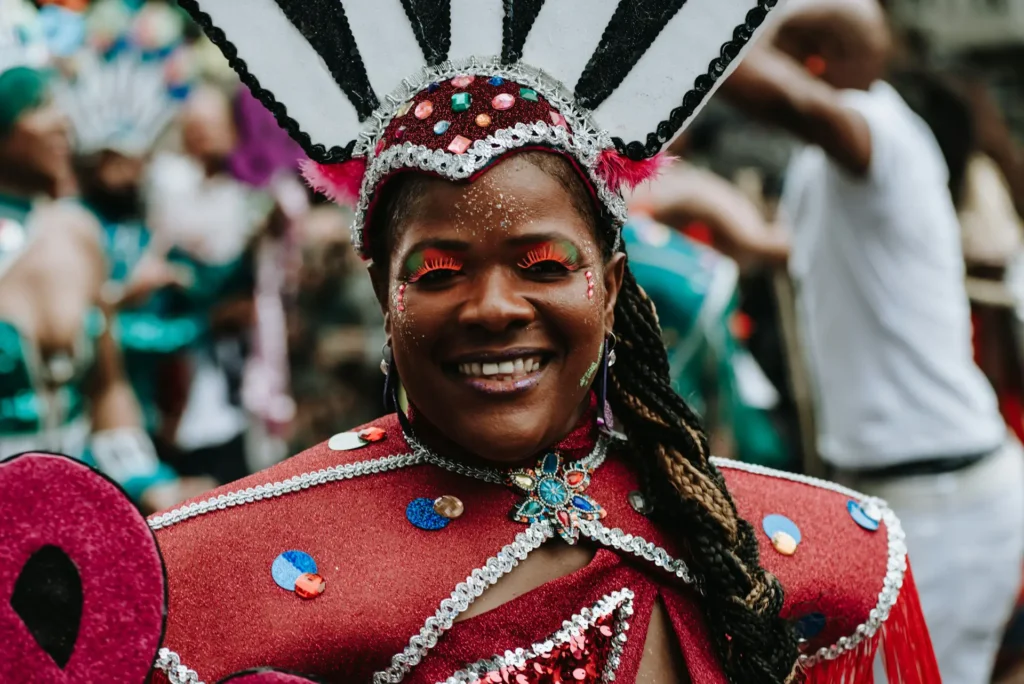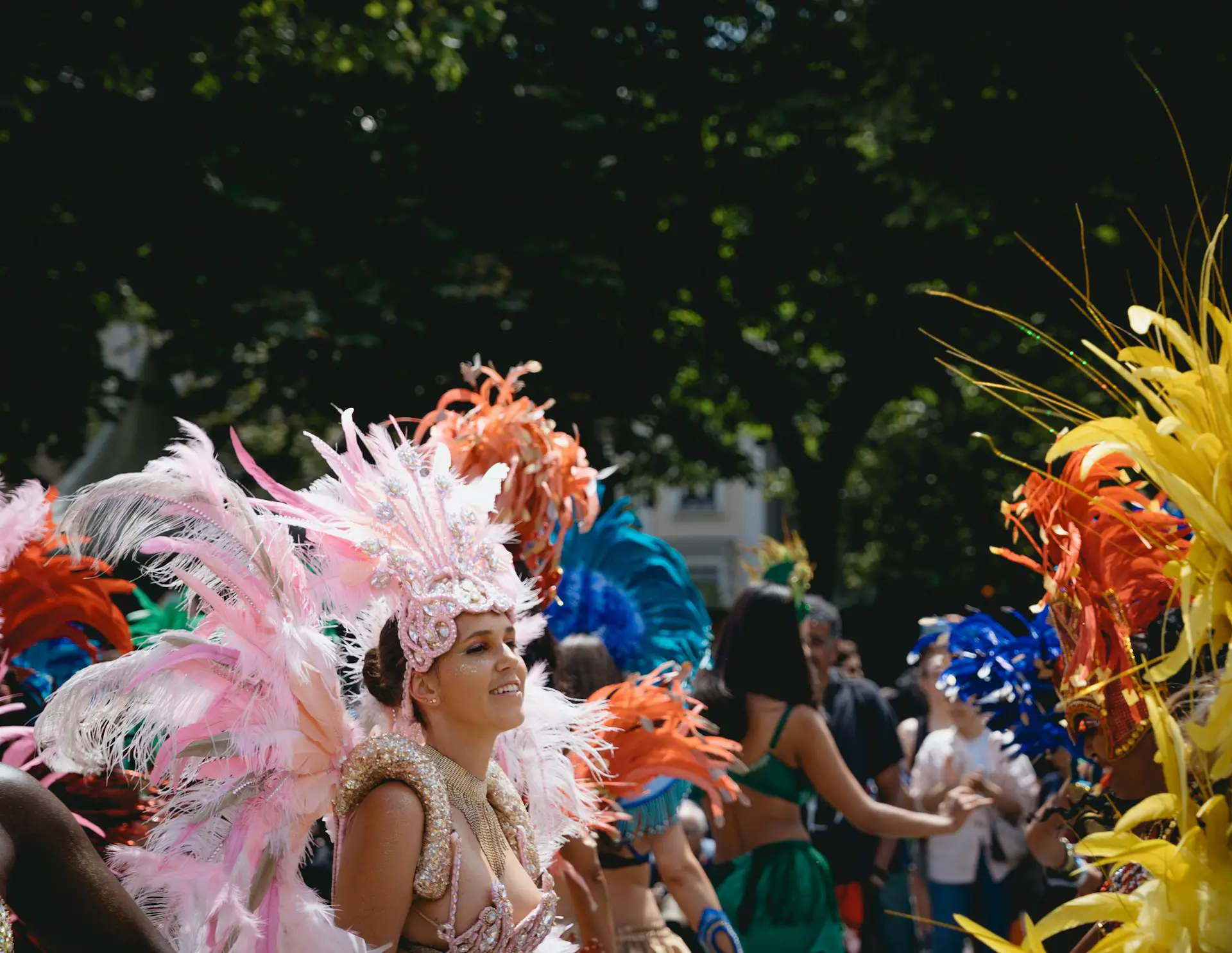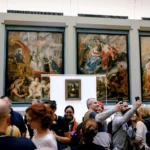Rio de Janeiro, Brazil – The vibrant city of Rio de Janeiro is once again preparing to host the world’s largest and most famous carnival, the Rio Carnival. Scheduled to take place from February 9 to February 14, 2024, this grand spectacle promises to be an explosion of color, music, dance, and culture, drawing millions of revelers from across the globe.
A Historical Extravaganza
The Rio Carnival has deep roots dating back to the 18th century, with origins in Portuguese traditions of the Entrudo, a pre-Lenten festivity where participants threw water, mud, and food at each other. Over the centuries, this celebration evolved, blending with African and indigenous Brazilian cultures, giving rise to the vibrant parades and samba rhythms that define the modern Rio Carnival.
The first official parade was held in 1932, organized by the city’s tourism department. Since then, the event has grown exponentially, becoming a global cultural phenomenon. The heart of the carnival lies in the Sambadrome Marquês de Sapucaí, a purpose-built venue that hosts the competitive parades of the samba schools. These schools, deeply rooted in the communities of Rio, prepare all year to present elaborate floats, costumes, and performances that tell stories reflecting Brazilian culture, politics, and history.
The Numbers Behind the Magic
The scale of the Rio Carnival is staggering. In 2023, the event attracted over 6 million people, including 1.5 million tourists, generating an estimated $900 million in revenue for the city. The 2024 edition is expected to surpass these figures, as the world emerges from the shadows of the COVID-19 pandemic, with even greater enthusiasm for celebration.
More than 70 samba schools participate in the carnival, divided into different leagues. The top-tier schools, known as the Grupo Especial, compete fiercely for the championship title, with each school’s performance being judged on criteria such as theme, harmony, choreography, and overall impact. The winning school is celebrated as a symbol of pride and cultural excellence in Brazil.
Cultural Significance
The Rio Carnival is more than just a party; it is a profound expression of Brazilian identity and cultural diversity. The event showcases the rich tapestry of Brazil’s Afro-Brazilian heritage, particularly through the art of samba, which originated in the African communities of Bahia and spread to Rio in the early 20th century. Samba is not just a dance or a musical genre; it is a symbol of resistance, resilience, and joy, embodying the spirit of a people who have endured centuries of hardship.

The carnival also serves as a platform for social commentary, with many samba schools using their performances to address contemporary issues such as racism, poverty, and political corruption. Through their parades, these schools engage in a dialogue with society, often highlighting the struggles and aspirations of marginalized communities.
Beyond its cultural and social significance, the Rio Carnival has a substantial economic impact on the city. The influx of tourists boosts the hospitality, retail, and transportation sectors, providing jobs and income for thousands of locals. The carnival also reinforces Rio de Janeiro’s status as a global cultural capital, attracting media coverage from around the world.
A Global Celebration
While the Rio Carnival is deeply rooted in Brazilian culture, it has also become a global event, inspiring carnivals in cities across the world, from New Orleans to London to Berlin. The influence of Rio’s carnival can be seen in the colorful costumes, samba music, and parades that have become synonymous with carnival celebrations worldwide.
As Rio de Janeiro gears up for the 2024 carnival, the city is once again poised to showcase its unique blend of tradition, innovation, and cultural pride. The Rio Carnival is not just a celebration; it is a living testament to the power of culture to unite people, transcend borders, and bring joy to millions.
For those lucky enough to experience it in person, the Rio Carnival is a once-in-a-lifetime event. For those who can’t be there, the spirit of carnival will undoubtedly be felt through the music, dance, and celebration that will reverberate around the world.




















